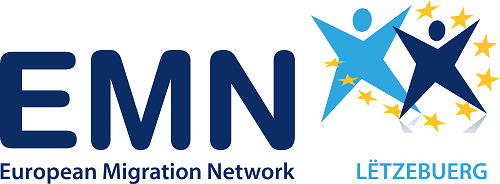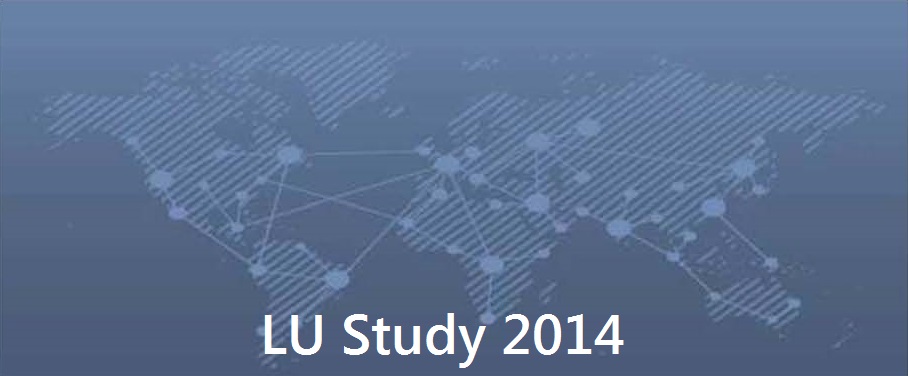This study explores Luxembourg’s entry bans policy and use of readmission agreements as well as their links with reintegration assistance.
The first part of this study will deal with entry bans. In Luxembourg a return decision can be accompanied by an entry ban for a maximum period of 5 years, even though in practice they are imposed for a period of 3 years. Third-country nationals who are irregularly staying on the territory of the Grand Duchy of Luxembourg are however generally granted a period of voluntary return (30 days) and if they respect the given time limit, no entry ban will be imposed upon them. If on the other hand the obligation to return has not been complied with, this will be considered by the Minister in charge of immigration as the main reason for imposing an entry ban. Another reason which justifies imposing an entry ban is if a person poses a risk to public policy, public security or national security and then the duration of the entry ban can exceed 5 years.
The second part of the study deals with readmission agreements. Firstly, the application of EU readmission agreements will be examined and then the application of separate Benelux readmission agreements will be analysed. The national authority responsible for making applications for readmission to third countries is the Minister in charge of immigration. Even though there are a significant number of readmission agreements in place, they are rarely used and the number of returnees under these agreements remains relatively low. Only 76 applications were made in 2013 (compared to 196 in 2012) under an EU readmission agreement. The top three third countries for whose nationals Luxembourg makes applications for readmission are Serbia, Bosnia and Herzegovina and Montenegro. Concerning the cooperation of third countries when readmitting their own nationals, it has been noted that such cooperation works very well with the Western Balkan countries. With other countries however, with which no readmission agreements exist, cooperation is more problematic. This is mainly due to two reasons: firstly, the insufficient diplomatic relations with other countries and the lack of diplomatic missions on the Luxembourgish territory. Secondly, the unwillingness of certain countries to cooperate regarding the issuance of travel documents enabling a return.
The third part of the study will then briefly refer to the implementation of reintegration assistance programmes for returnees. In Luxembourg reintegration assistance is only available to persons who have returned voluntarily and it is offered by the Directorate of Immigration via the International Organisation for Migration. The Assisted Voluntary Return and Reintegration from the Grand Duchy of Luxembourg programme offers both financial and in-kind assistance. However, it is, with one exception, not available to third-country nationals who have received an entry ban. On the other hand, persons who return under a readmission agreement are eligible for reintegration assistance. One should also note that this programme is not available for nationals from Albania, Bosnia-Herzegovina, Macedonia, Montenegro and Serbia, whose return is directly organised by the Directorate of Immigration.

